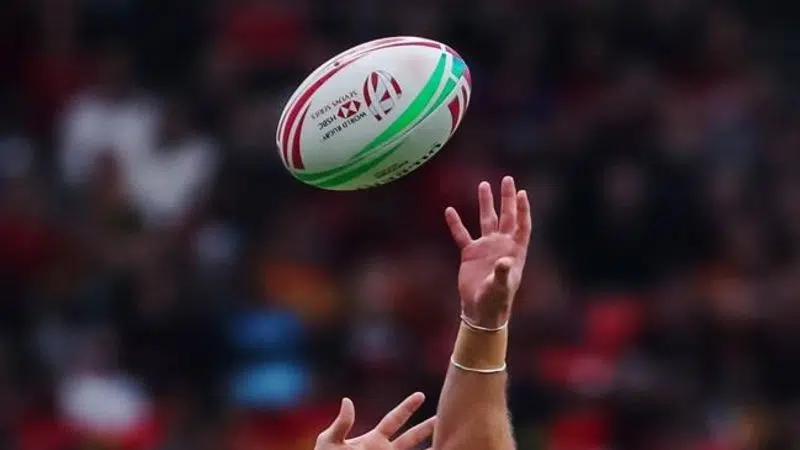
Government, school officials agree to resume high school rugby in Nova Scotia
HALIFAX — High school rugby players in Nova Scotia will be returning to the pitch to finish their season, although the sport’s future status remains to be determined.
The decision to resume play following last week’s abrupt cancellation of the season over safety concerns came after a meeting Tuesday between Education Department officials and the governing body for high school sports in the province.
In a joint statement, the department and the Nova Scotia School Athletic Federation said they have agreed to let Rugby Nova Scotia manage the rest of the season, including regional and provincial playoffs.


